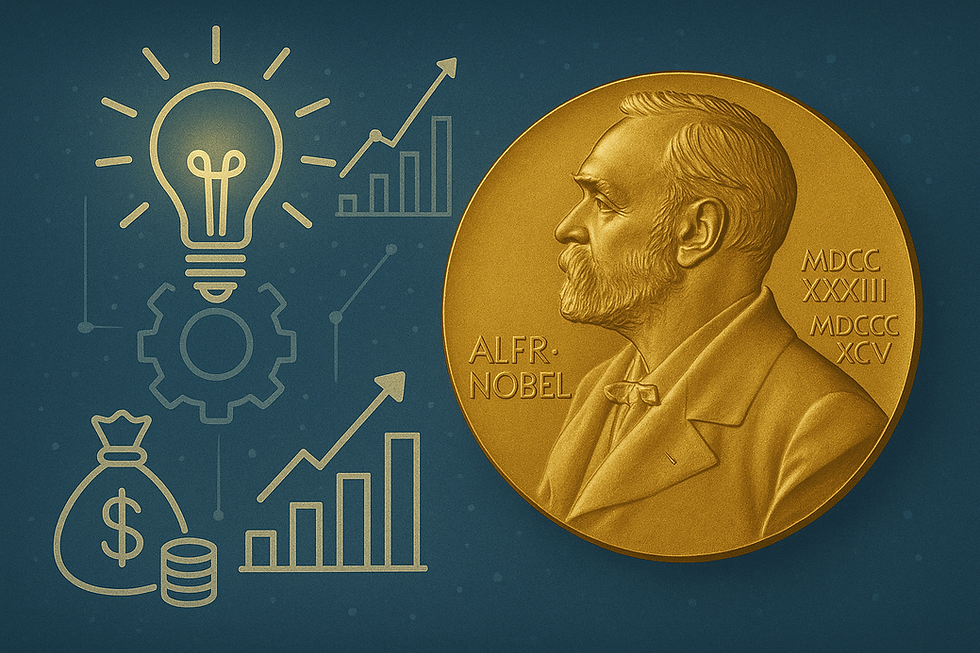The Automotive Industry moves to sustainability
- axisinnovation
- Jan 5, 2022
- 4 min read
Automotive companies are increasingly prioritising sustainability in their production and business processes. In 2020, the automotive industry produced over 3,000 metric tons of carbon dioxide which accounted for roughly half of the total emissions produced by the transport industry. New technologies and processes aimed at decarbonising both the production process and the vehicles themselves are attempting to decrease this figure and create a truly sustainable mobility industry.
In this blog, we’ll examine the industry trends globally that have brought together automotive OEM’s, Tier 1 companies, and startups in new forms of collaboration and partnership. Then we’ll focus on the startup innovation from Israel, which has become a top market for automotive innovation in general and particularly for sustainability.
Electric Vehicles - From ICE to BEV
The first, and largest example of the automotive trend toward sustainability is the move towards producing battery electric vehicles (BEV) and away from internal combustion engines (ICE). 2020 saw a total of 10 million electric cars on the road and a further 30,000 electric trucks. Electric car registrations rose by 41%, in spite of the pandemic-related 16% global decrease in car sales. 18 out of the top 20 OEMs have made announcements committing to increase EV sales and some have already announced ambitious plans to make only electric vehicles and be carbon neutral by specific years. In this chart below, we have outlined when specific automakers have publicly announced their intention to switch to electric vehicles, and at what percentage of their sales will be attributable to EVs.
% of sales attributable to EVs
For example, Ford intends to make 100% of its vehicle sales electric by 2026. They are leading America’s shift from internal combustion engines to electric batteries, and have recently invested $11.4 billion in two battery plants in Kentucky and a new mega campus in Tennessee.
The new complex, called BlueOval City, will be 6-square-miles and will be the center of Ford’s production of ‘electric F-Series pickups and advanced batteries’. The plant is designed with sustainability in mind, with the potential to utilise local renewable energy resources such as solar and wind power to operate.
By 2025, Volvo plan for 50% of their sales to be EVs, whilst the other 50% of sales will be attributable to their hybrid vehicles. By 2030 they aspire to be fully electric and will stop producing vehicles with internal combustion engines, hybrids included, by the end of the decade.
The Axis Innovation team at their Ford MakeItDriveable event in Lisbon 2019
Daimler announced that Mercedes are striving to be 100% electrified by 2030, and Mercedes Ceo Ola Källenius promised an 80% decrease in internal combustion engines and plug-in hybrids by 2026.
Stellantis announced plans to invest more than $35 billion in EVs through 2025, and by 2030 they are targeting for 70% of their European sales and 40% of their US sales to be low emission vehicles (LEVs).
Akio Toyoda, President of Toyota recently presented the company’s carbon neutrality strategy, which included plans to release 30 new BEV models by 2030.
The circular car- the road to zero carbon
Whilst an increase in electric vehicle registrations is beneficial for a more sustainable future, the production process of these vehicles must also be de-carbonised.
A further step beyond BEVs is the creation of a “circular car” - a vehicle that produces zero carbon emissions during its production, usage, and disposal.
BMW presented the BMW i Vision Circular at the IAA Mobility 2021 conference. This concept vehicle is a great signal showing that some of the largest auto-makers are embedding the values of the circular economy in their production processes.
The Startups are coming - and Israel is leading the way
Over the past decade and in increasing numbers every year, start-ups are coming up with innovative technologies and solutions to make the automotive industry more sustainable. This has opened major areas of collaboration between startups with automotive OEM’s and Tier 1’s through open innovation in the forms of joint ventures, investments, acquisitions, and more.
Many countries have strong mobility ecosystems, but one that has caught the eye of the entire automotive industry is Israel.
Israel is a hotspot for mobility innovation, with hundreds of startups across industries and nearly all the leading automotive OEM and Tier1 companies with local offices. When it comes to sustainable mobility, Israel’s ecosystem is thriving with 75 startups that have raised over $1.8 billion.
Israel’s e-mobility sector is another strong area, made up of 85 companies and growing. Many Israeli companies were pioneers in battery innovation and electric vehicles, thus giving Israel a headstart in this emerging sector.
Electric Vehicle Charging:
ElectReon has developed a technology that can provide public transportation vehicles with power wirelessly from the road. This removes the need for these vehicles to include an energy source in their design, therefore reducing the cost and weight of buses and eliminating any concerns about the range of battery-operated vehicles. ElectReon went public in 2017 and has raised a total of $126 million. They recently signed a 5-year deal with Dan Bus Company, which invested $9.4 million in ElectReon’s wireless charging infrastructure. The deal means that 200 public buses in Tel Aviv will be powered by ElectReon’s charging technology.
Efficient Public Transportation Routing:
Optibus creates a software solution to increase the efficiency of public transportation. Their SaaS platform uses machine learning algorithms to create optimal scheduling and routes for any mode of transport, taking into consideration a variety of factors. Companies using the Optibus platform derive a positive business impact, as it provides the KPIs and cost data necessary to make the best schedule and cost decisions. For EVs, Optibus can create optimal schedules and routes based on locations of charging stations, as well as EV battery data.
Summary
The global automotive industry is cruising towards a more sustainable future. Many of the world’s largest automakers are paving the way by implementing decarbonisation technologies in both the vehicle itself as well as the production process. However, automotive start-ups, globally and in Israel especially, are also contributing to achieving a cleaner, greener future for the industry by coming up with innovative technologies to make vehicles and transport more efficient and economical. The future of mobility will depend on the successful collaboration between the automotive corporations and tech startups.
At Axis Innovation, we’re focused on making this collaboration a reality and work with some of the leading OEMs to create meaningful startup engagement through tech scouting, consulting, and tech challenges. For more information on our services visit our site here, and we invite you to join us in person in Tel Aviv March 29th, 2022 for our annual Axis Tel Aviv event with a focus on sustainability.
Sources:


